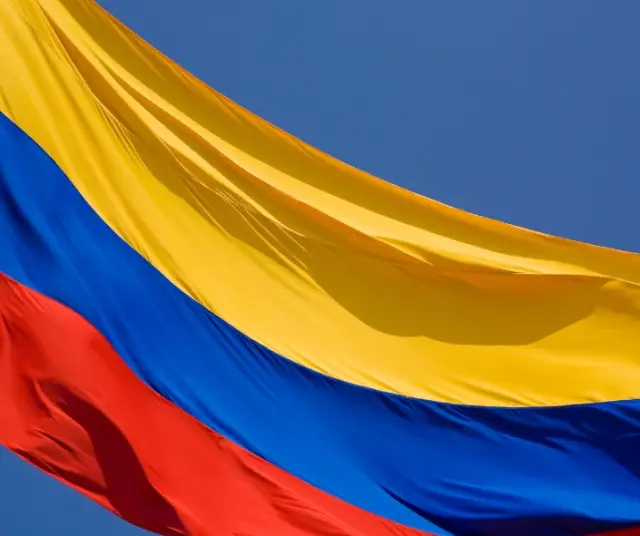The Colombian Independence , also known as the Colombian War of Independence, was a momentous period in the country's history. This process of liberation from Spanish colonial rule was the result of a series of political, economic, and social factors that prompted Colombians to seek their autonomy and freedom.
The Spanish colonial system in New Granada
New Granada , the name given to the territory we know today as Colombia, was a colony of the Spanish empire for more than three centuries. During this period, a colonial system based on exploitation and control by the Spanish Crown was established. The economy was focused on mining, especially the extraction of gold and silver, and on agricultural production, where the cultivation of tobacco and coffee stood out.
Social and economic tensions
The Spanish colonial system generated social and economic tensions in New Granada. Society was divided into different social classes: the peninsulares (Spaniards born in Spain), the criollos (descendants of Spaniards born in America), the mestizos and the indigenous people. Creoles, although they enjoyed certain privileges, felt relegated to a secondary status in the colonial hierarchy, since the Spanish Crown denied them access to high administrative posts.
On the other hand, the mercantilist policy imposed by Spain limited New Granada's trade with other countries, generating economic discontent among the criollos and other social groups that saw their commercial opportunities restricted by colonial policies.
Influences of the Enlightenment and the French Revolution
At the end of the 18th century, the ideas of the Enlightenment and the French Revolution began to spread in New Granada, creating an intellectual and political environment conducive to questioning colonial rule. The Creoles, influenced by these ideas of equality, freedom and individual rights, began to seek their independence and autonomy.
Prominent intellectuals and leaders, such as Antonio Nariño and Francisco de Miranda , spread the ideas of the Enlightenment and fostered the desire for independence. The French Revolution , with its ideal of equality and justice, also had a significant impact in awakening the desire for independence among Colombians.
The key events of the Independence of Colombia
The Independence of Colombia was a long and complex process that spanned several decades and was marked by several key events:
Socorro's cry for independence (1810):
On September 10, 1810, the people of Socorro proclaimed their independence from Spain, becoming the first territory to do so in New Granada. This event marked the beginning of the struggle for independence in Colombia.
The Supreme Board of Santa Fe (1810):
On July 20, 1810, in Bogotá, the Junta Suprema de Santa Fe was established, an autonomous governing junta that assumed control of New Granada on behalf of the Spanish King Ferdinand VII. This junta was an important step towards independence and laid the foundation for self-government in the territory.
military campaigns:
The fight for the independence of Colombia was marked by numerous military campaigns and battles. Figures such as Simón Bolívar and Francisco de Paula Santander stand out, who led the Liberation Army and carried out important victories in battles such as Boyacá (1819) and Carabobo (1821), which consolidated the advance towards independence.
The Congress of Cúcuta (1821):
In 1821, the Cúcuta Congress was held, where the principles and political organization of an independent Colombia were discussed. In this congress the Constitution of Cúcuta was approved, which established Gran Colombia, a federal republic that united the territories of New Granada, Venezuela and Ecuador.
The Battle of Ayacucho (1824):
Although the independence of Colombia was proclaimed in 1810, the fight for independence throughout the territory of Gran Colombia continued for several years. The Battle of Ayacucho, in Peru, in 1824, marked the final defeat of the Spanish royalist army in South America and ensured the independence of Greater Colombia.
Legacy of the Independence of Colombia
The Independence of Colombia left a lasting legacy in the history and identity of the country. The struggle for independence allowed the establishment of a free and sovereign nation, laying the foundations for the political, social and economic development of Colombia. In addition, the principles of equality, freedom and justice that were defended during this period became fundamental pillars of Colombian society.
